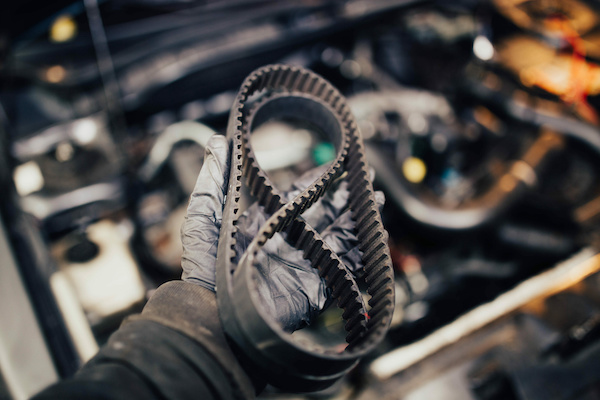Posted on 5/30/2023

One crucial element that plays a vital role in engine performance is the timing belt. The timing belt ensures the synchronization of the engine's valves and pistons, allowing for proper combustion and efficient operation. Because the timing belt is made of rubber, it has a limited lifespan and requires timely replacement to prevent potentially catastrophic engine damage. Maintaining Timing Belt Health Before delving into the timing belt replacement timeline, it's essential to understand why regularly checking the belt is crucial. The timing belt can deteriorate due to constant exposure to heat, wear, and tear. If the timing belt fails, it can cause problems such as bent valves or complete engine failure. When to Replace the Timing Belt The change interval for timing belts varies depending on the vehicle's make, model, and manufacturer's recommendations. However, a general rule of thumb that most motorists follow is to change the timing belt every 60,000 to ... read more